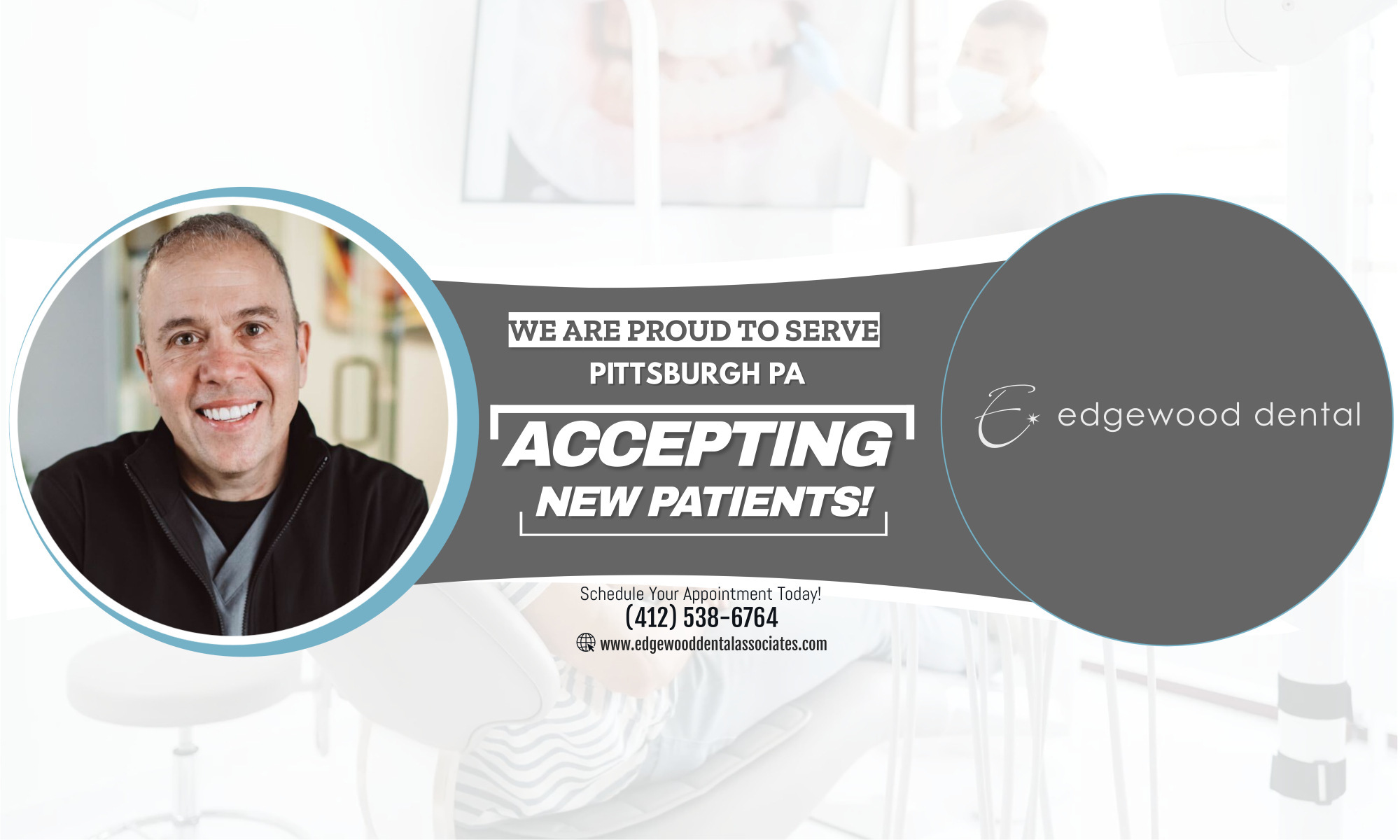If you have any kind of swelling in your gum, it almost certainly indicates a serious infection that should be treated urgently.
Dental abscesses result from a bacterial infection in the teeth or gums.
For example, it may come from an untreated cavity. Cavities result when some of the bacteria in our mouths mix with sugars and starches in our diet to produce acid.
This acid attacks the hard enamel coating of our teeth and, as the cavity gets deeper, it eventually infects the nerve and blood supply of the tooth.
In some cases, a dental abscess is caused by an infection of the gum. Bone loss from gum disease can create a pocket between the tooth, gum and bone.
When bacteria and other debris get into this pocket, an abscess can form.
The treatment for an abscess depends on how severe the infection is.
If the abscess has been caused by decay, root canal treatment may be needed or the tooth may even have to be removed.
If the abscess has been caused by the gum, the gum will need deep cleaning or surgical treatment. Again the tooth may need to be removed.
Sometimes, a small incision may be made into the gum to drain the abscess. If this happens, antibiotics and pain medication may be used to relieve discomfort.
If you wait until the gum is severely swollen before seeking treatment, the situation can become very serious.
The abscess at this stage can prevent you breathing properly and can be life-threatenting.
So if you have any signs of swelling in your gum, contact your dentist immediately.
